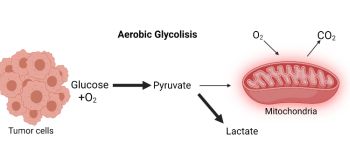A small-scale test of whether alkalizing diets can reduce the risk of disease as predicted by the Warburg Hypothesis
Abstract
Diet and so-called dietary acid load have a significant effect on what have traditionally been called acid-base disorders and various disease states, including cancer. However, the effect has been poorly investigated, and standards of care in medical treatments for cancer patients generally do not consider monitoring acid-base disorders and resolving them using dietary interventions.
This paper begins by explaining the Warburg Hypothesis, focusing on dietary interventions thought to help maintain acid-base balance and reduce inflammation at the cellular level, as reflected in certain venous blood parameters. By integrating traditional and modern nutritional sciences for preventing and managing cancer, potential dietary interventions are identified that may help maintain nutritional status.
In addition, data on the efficacy of these nutritional interventions are presented, where the effect of following an alkalizing diet for 1-3 months is measured through venous blood gas parameters. Of 30 volunteers, 10 followed the prescribed diet for an entire month and their venous blood gas parameters before and after the diet were compared.
There appeared to be a significant impact of the diet on these parameters. Thus, we speculate that the prescribed alkalizing diet may be an effective practice to eliminate acid-base disorders and reduce its impact on cancer and other diseases. Further research should examine on a larger sample over a longer period of time, using additional parameters, whether such a diet could have an impact on the incidence or development of the cellular acid-base balance, levels of inflammation, and eventually various diseases, including cancer.

Authors retain all copyrights. In making a submission to World Nutrition, they are certifying that all material is theirs except quotations, as indicated, and that they have obtained permission for any photos, tables, or graphics taken from other publications or websites.




